Friday Briefing: Get ready for Easter 2025
Good morning and welcome to PORTUGAL DECODED. Move over Easter Bunny – the Semana Santa (Holy Week) in Portugal is all about high drama. Discover here five of the most fascinating Easter traditions.
TALK OF THE TOWN

If enjoy reading PORTUGAL DECODED, please consider donating to keep it free and independent – your generosity means everything!
POLITICS
The first week of TV debates for the May 18 elections was uneventful, with no major gaffes or knockout moments. Notably, audience numbers have dropped compared to last year, indicating growing public fatigue with politics (More).
The Government unveiled a €10 billion support package to boost exports amid trade tensions, but opposition parties sharply criticized the Government for what they call a “late” reaction to Donald Trump’s tariffs (More).
SOCIETY
AIMA revealed that there were 1,546,521 immigrants in Portugal at the end of 2024 (15% of the total population). The Government attributed the figure to what it called the “out of control” policy of the previous Socialist administration (More).
A petition calling for tougher legislation against gender-based violence has garnered nearly 150,000 signatures, as public outrage grows following the alleged gang rape of a 16-year-old girl in Loures by three social media influencers (More).
ECONOMICS
Portuguese executives said they refuse to “bow to U.S. political whims” after the US Government sent them letters demanding exporters scrap their diversity, equity, and inclusion programs for market access (More).
Portugal saw a 11.6% increase in housing prices in the fourth quarter of 2024, the third highest in the EU. Since 2010, housing prices rose 120%, surpassing the EU average, with rents rising 45% during the same period (More).
CULTURE AND SPORTS
This week, the Alcântara and Rocha Conde d’Óbidos Maritime Stations reopened to the public, showcasing Portugal’s largest and most iconic 20th-century mural collection, set within two architectural gems along the Lisbon waterfront (More).
Last Sunday, FC Porto suffered a crushing 4-1 defeat at home against Benfica, with Greek striker Vangelis Pavlidis scoring a historic hat-trick. The defeat ends Porto’s Champions League hopes and deepens the club’s internal tensions (More).
If enjoy reading PORTUGAL DECODED, please consider donating to keep it free and independent – your generosity means everything!
DECODER
Easter is a highlight of the Christian calendar. From solemn processions to gory re-enactments of the Passion of Christ, Portugal is home to some unique Easter traditions – some spiritual and some… less so. If you’re wondering how to get in the Easter spirit, here are five of the country’s most unique Easter rituals:
1. Holy Week in Braga
* Note: Some processions in Braga, such as the Ecce Homo, featuring black-hooded penitents walking the streets, may be too frightening for children. Parents are advised to consider whether these events are suitable for their kids.
2. The ‘Compasso Pascal’ visit in northern Portugal
In Portugal, the Compasso Pascal is a cherished Easter tradition in which a group from the local parish, typically including a priest, altar servers, and sometimes musicians, visits homes on Easter Sunday carrying a crucifix. They announce the resurrection of Christ and bless each household. The group’s arrival is heralded by the ringing of bells and firecrackers, prompting residents to gather outside to greet them and invite them in. Inside, family members kiss the crucifix and receive blessings, with the priest often sprinkling holy water throughout the home. In return, the family offers a small snack or refreshment to the priest and his companions. This tradition remains especially vibrant in rural areas in northern Portugal, where neighbours often join the priest in procession through the village. Among the more unique expressions of this custom is the ritual in Fiscal, in the Braga district, where the priest and his helpers cross the Homem River with the cross. Another striking example takes place in Cristelo (Viana do Castelo district), where priests from both sides of the Portuguese-Spanish border cross the Minho River as a show of transnational unity.
3. The Passion of Christ in the medieval village of Ourém
The medieval town of Ourém is located on the top of a hill, in a strategic position that dominates the surrounding territory. This walled town, occupied by humans since prehistoric times, developed mainly in the medieval period with the construction of the Ourém Castle. On Friday, April 18th, at 3:00 PM, the historic streets of the village transform into the stage for the final moments of Jesus Christ’s earthly life, dramatized by around 100 local actors and performers. The re-enactment begins with Christ’s triumphal entry into Jerusalem and follows the 14 Stations of the Cross, culminating in His crucifixion. Recognized as one of the finest biblical performances in the country, this live Stations of the Cross is free to attend. Free shuttle service available from Ourém Municipal Exhibition Center and the village of Santo Amaro.
4. The Almond toss in Idanha-a-Nova
In Portugal’s Central Region, Easter tables are graced with roasted kid goat, folares (traditional Easter bread), rice pudding, sponge cake (pão-de-ló), and tigelada (caramelized egg custard), alongside the ever-present almonds. One of the most beloved Easter rituals unfolds in Idanha-a-Nova, where almonds take centre stage. On Holy Saturday (April 19th this year), at 9:00 PM, locals bring whistles to Mass, joyfully marking the end of Lent. Hundreds gather in the church square, awaiting both the service’s conclusion and the return of the town band parading through Idanha’s streets. The air fills with music, cowbells, and whistles as the procession passes. The real highlight begins post-Mass back at the square. The elderly parish priest steps to his doorstep and, with help from assistants, hurls bags of almonds into the cheering crowd, a spectacle lasting several minutes. Once the almond toss ends, the local council treats everyone to pão com chouriço (chorizo bread) at the lower square, capping off this unique Easter tradition.
5. The Flower Torch Festival in São Brás de Alportel
Easter Sunday in São Brás de Alportel transforms into a living masterpiece of faith and flowers during the centuries-old Alleluia Procession. As dawn breaks, the town’s streets become a kilometrr-long carpet of blossoms, painstakingly arranged by hundreds of volunteers who’ve worked through the night. Men carry magnificent floral torches aloft, their spontaneous cries of “[He] has risen!” met with thunderous “Alleluias” from the crowd. This breath-taking tradition - requiring three tonnes of fresh flowers - blends sacred solemnity with joyful celebration. After the morning procession, the festivities continue with lively Portuguese music performances, all free to the public.
TIPS OF THE WEEK
Lisbon
Paula Rego and Adriana Varejão: Between Your Teeth
This powerful new exhibition at Gulbenkian’s CAM, brings together around 80 works by two internationally acclaimed artists, Paula Rego (1935–2022) and Adriana Varejão (b. 1964), in a bold intergenerational dialogue. The title, drawn from a poem by Brazilian writer Hilda Hilst, sets the tone for a raw and intimate exploration of violence, memory, and resistance. The museum’s main gallery has been transformed into 13 evocative, maze-like rooms, offering a layered journey through both artists’ thematic universes. Rego’s subtle, symbolic narratives contrast with Varejão’s visceral, flesh-like imagery, yet both dismantle dominant histories and tap into shared stories of trauma and change. Though from different continents and generations, their work intersects across three decades. This exhibition highlights those intersections, where their art bites, bleeds, and ultimately reveals what lies beneath the surface.
Porto
Mónica de Miranda: Depth of Field
Until June 13, the School of Arts of the Portuguese Catholic University, together with the Porto Municipal Gallery, will present the exhibition ‘Depth of Field’ by Mónica de Miranda, one of the three artist-curators who represented Portugal at the 60th International Venice Biennale. Curated by João Laia and Nuno Crespo, the show “delves into the work of Angolan anthropologist Augusto Zita, one of the first to invert the perspective of anthropological research towards the coloniser.” Spanning video, performance and installation, the exhibition questions the division between presence and dissociation; distraction and connection; utopia and memory. It inhabits a time that resides within the space between fiction and reality, where the potential to rewrite history and think about alternative futures intersect in the discursive and performative actions proposed as part of the project.
Portimão
Mists and Breezes: Between the Beautiful and the Sublime
This photography exhibition by Pedro Poucochinho opens on April 12 at 4:00 PM at Casa Manuel Teixeira Gomes. The location was carefully chosen, as the exhibit also pays tribute to the house’s namesake, renowned Portimão native Manuel Teixeira Gomes, former President of Portugal, writer, and lover of landscapes. More than a tribute, the exhibition invites visitors to reflect on aesthetics through a Kantian lens, exploring perception where mist and breeze soften the light, blur forms, and evoke the tension between Beauty and the Sublime. As the viewer moves through the exhibition, clarity gives way to mystery. Layers of mist and fog draw the eye deeper, where form dissolves and reality becomes almost tactile in its absence. Shot and edited entirely on a smartphone, the exhibition runs through May 31. Visiting hours are Tuesday to Friday, 10:00–12:30 and 14:00–17:00, and Saturday, 14:00–17:00.
Several locations
18th Italian Film Festival
The 18th Italian Film Festival takes place until April 17, in Lisbon and other 20 cities, including Porto, Cascais, Setúbal, Beja, Aveiro, Coimbra, Loulé, Leiria, and, for the first time, Sintra. In this edition, the opening film The Great Ambition, by Andrea Segre, is one of the highlights of the Festival. The premiere takes place at Cinema São Jorge and will be attended by the director. The centenary of Marcello Mastroianni’s birth is celebrated with the screening of several films that evoke the actor’s time in our country and there is also a cycle dedicated to opera that pays tribute to composers Giuseppe Verdi, Giacomo Puccini and Josef Mysliveček. The closing film of the Festival’s Lisbon edition, on April 17, also at Cinema São Jorge, will be Diva Futura, by Italian-American director Giulia Louise Steigerwalt. Full schedule here.




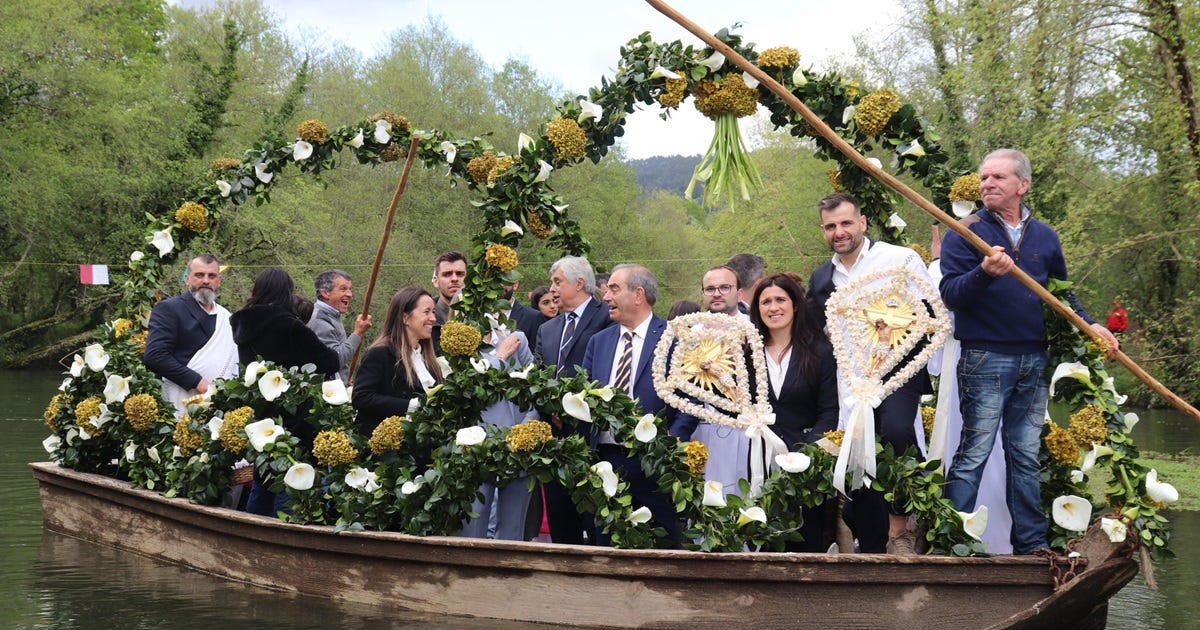
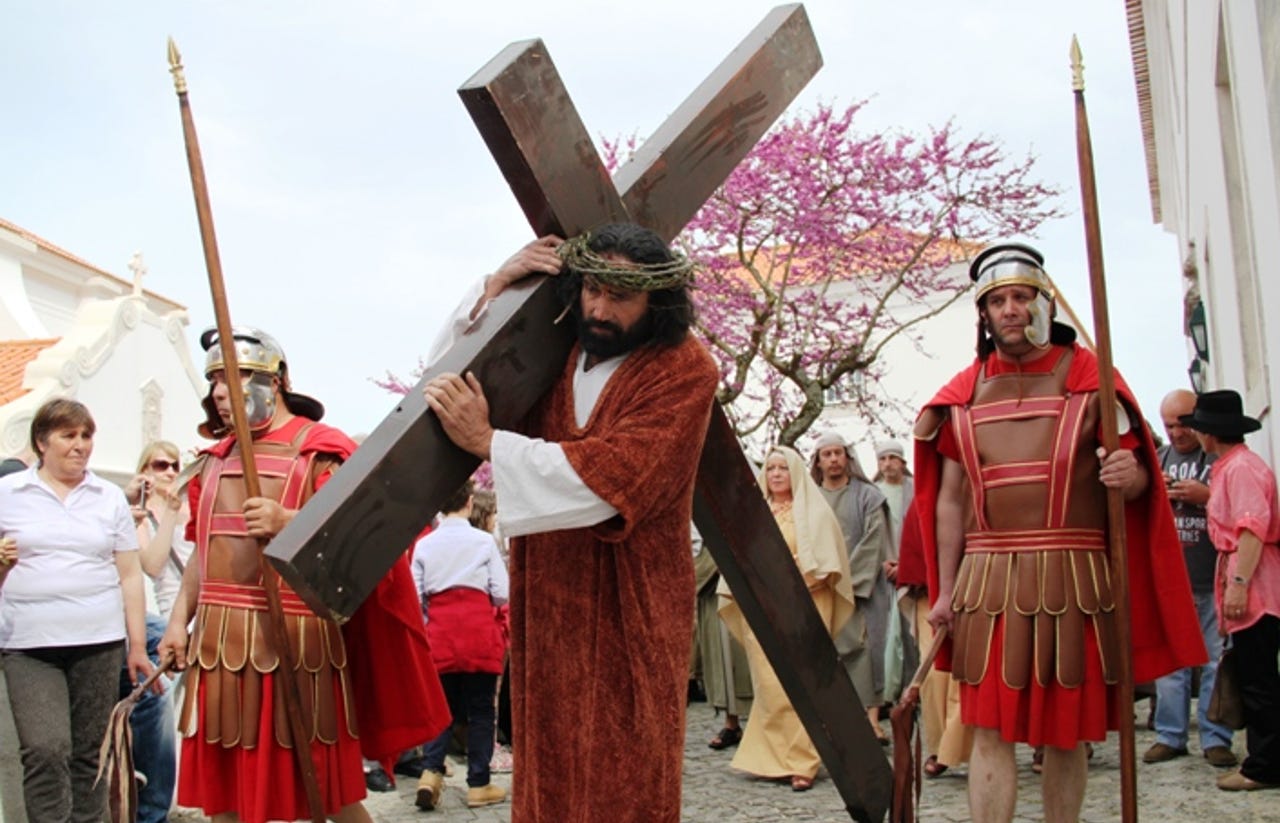
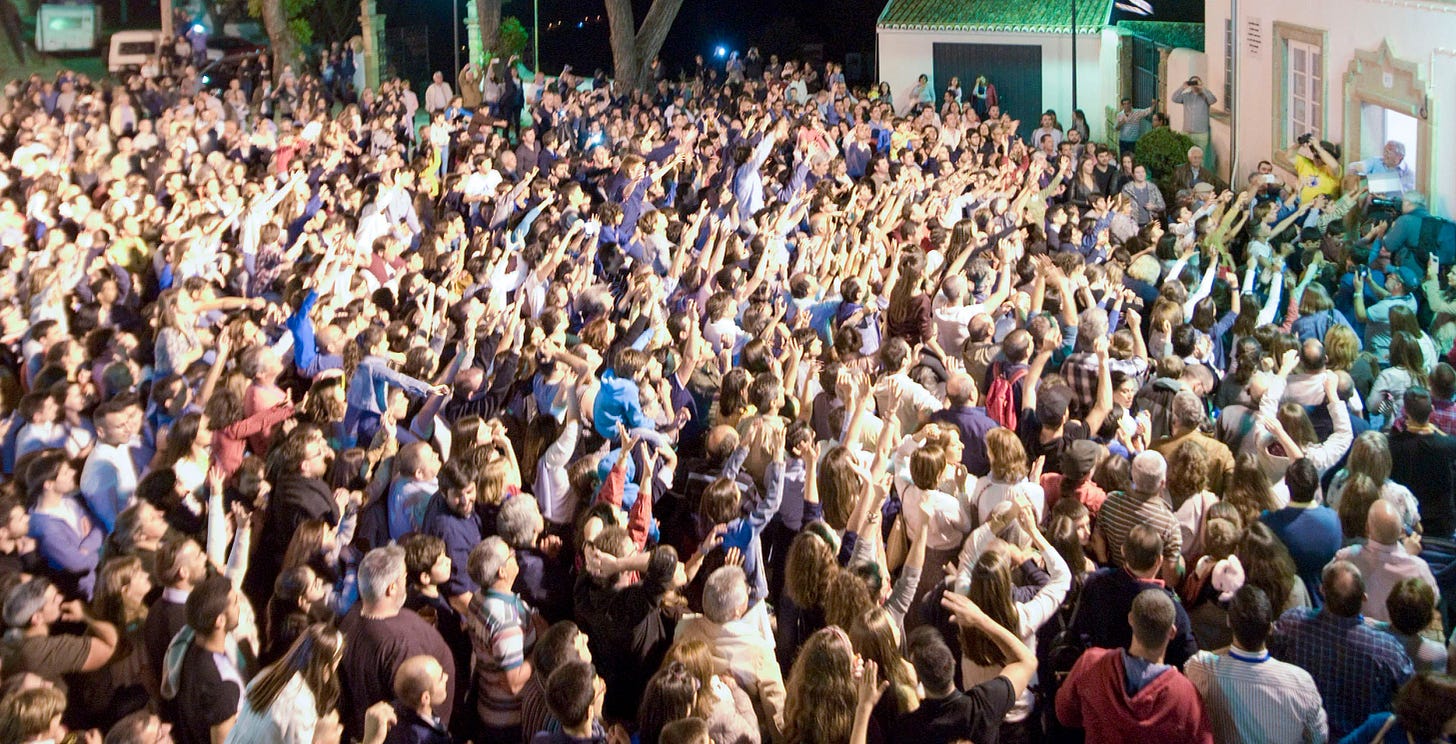
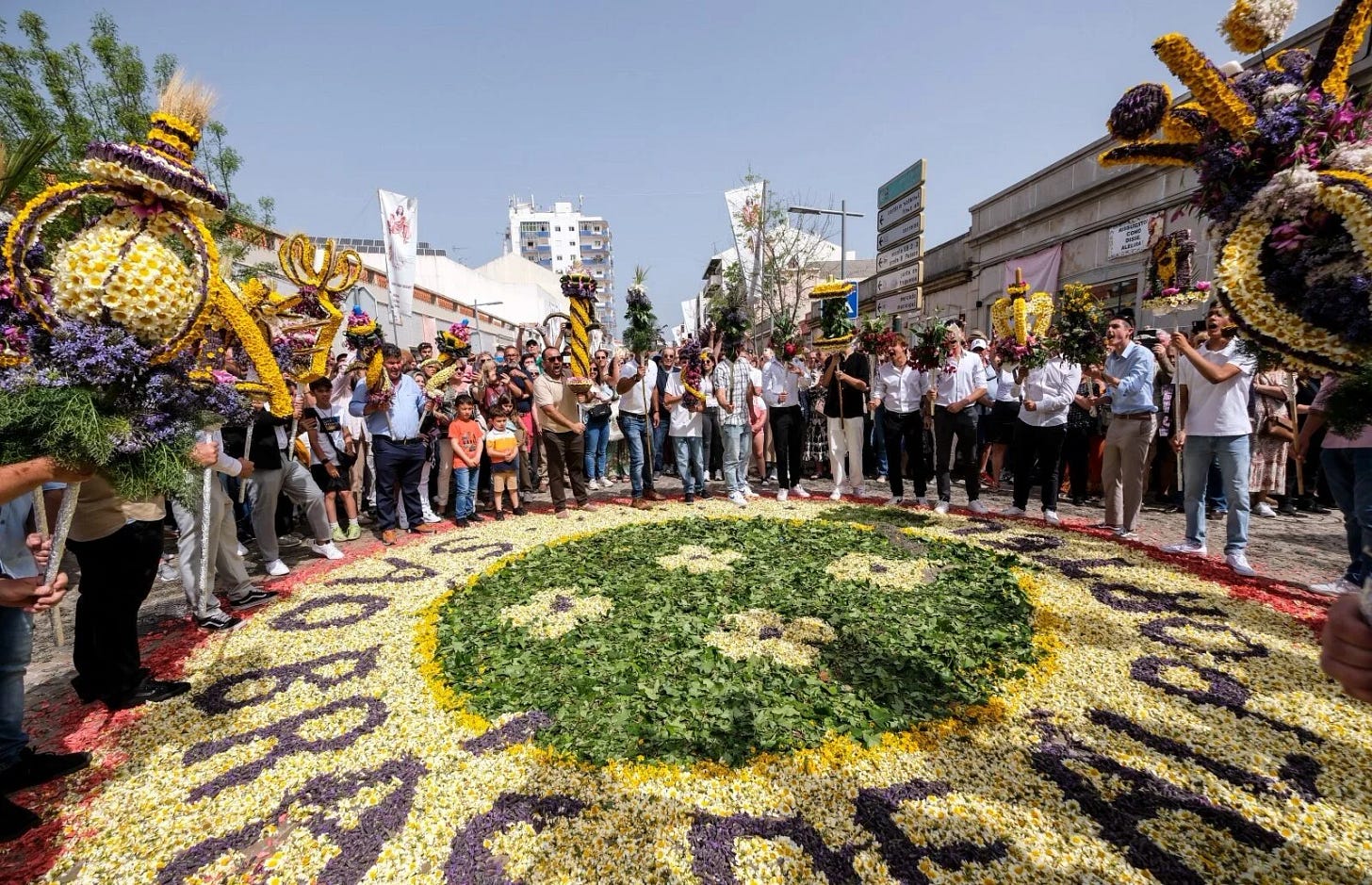
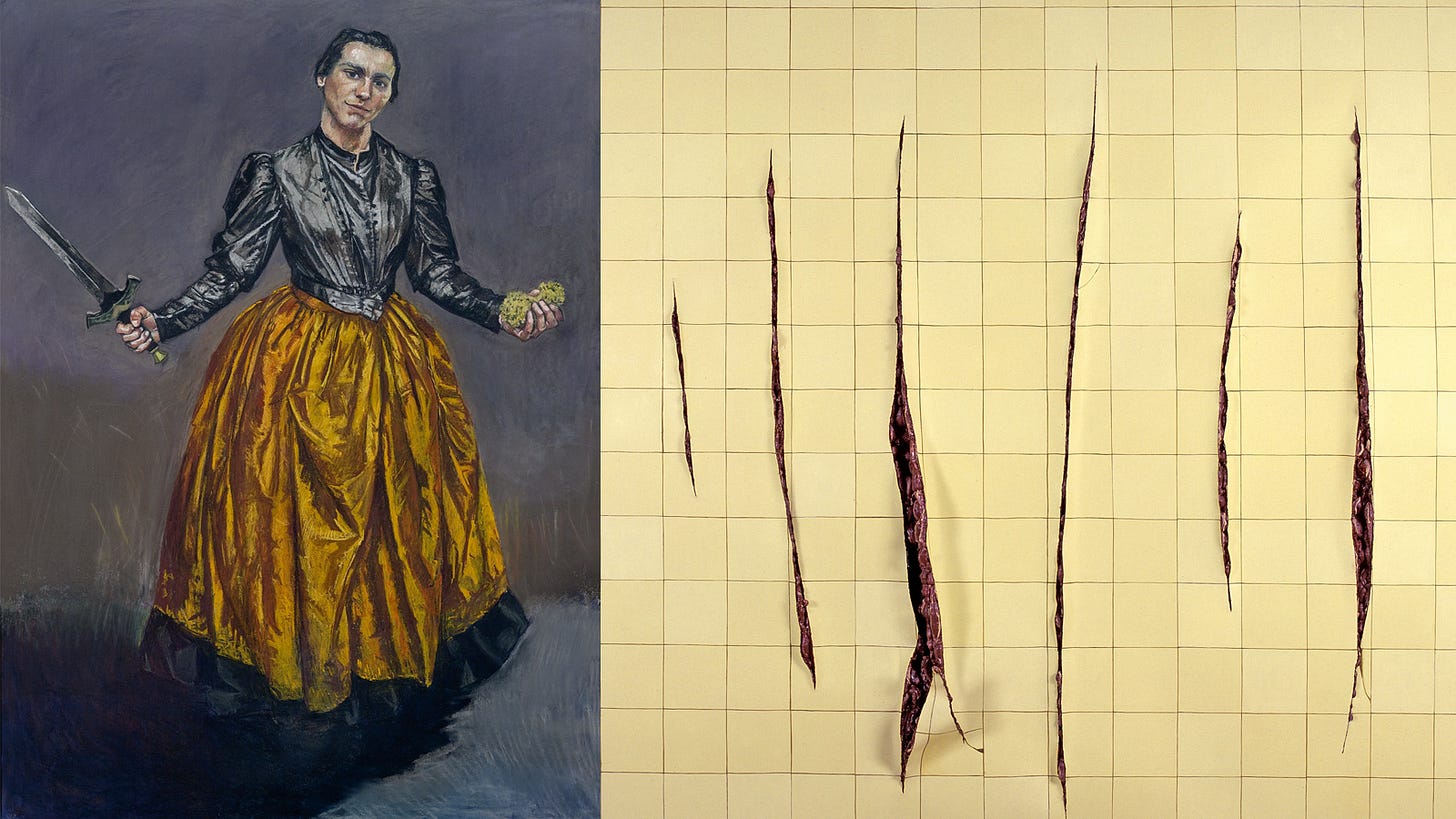

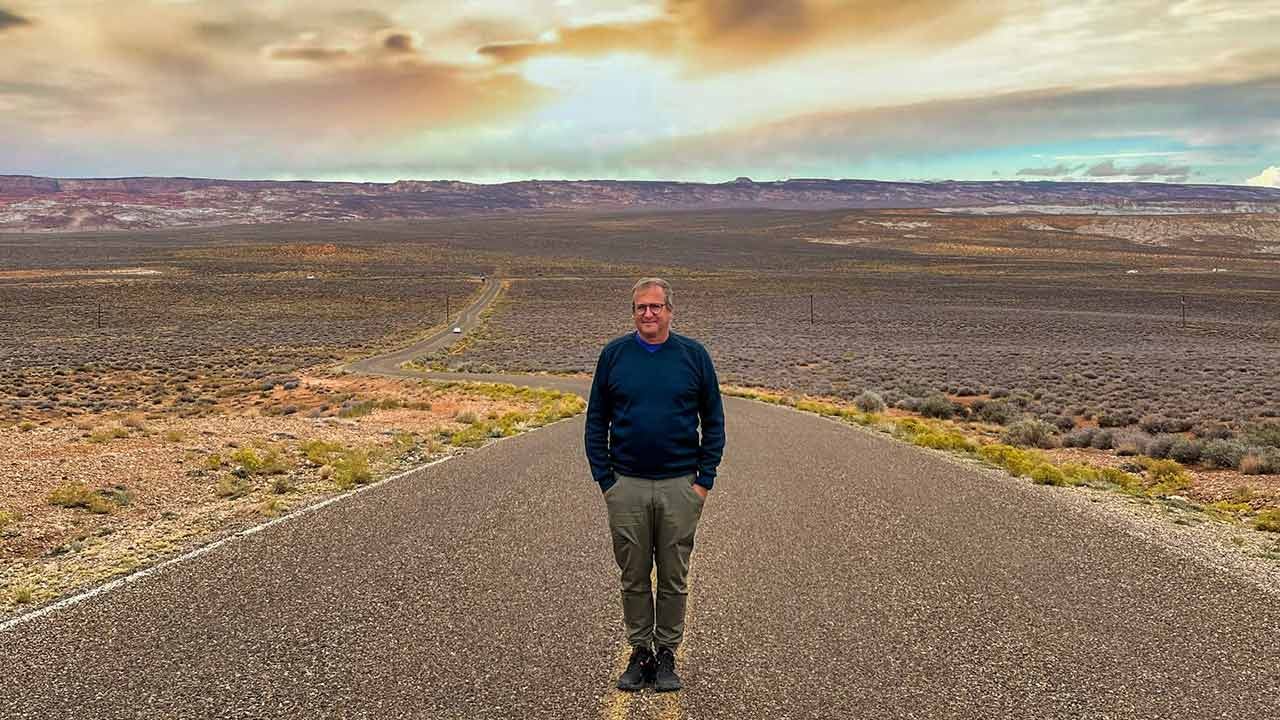
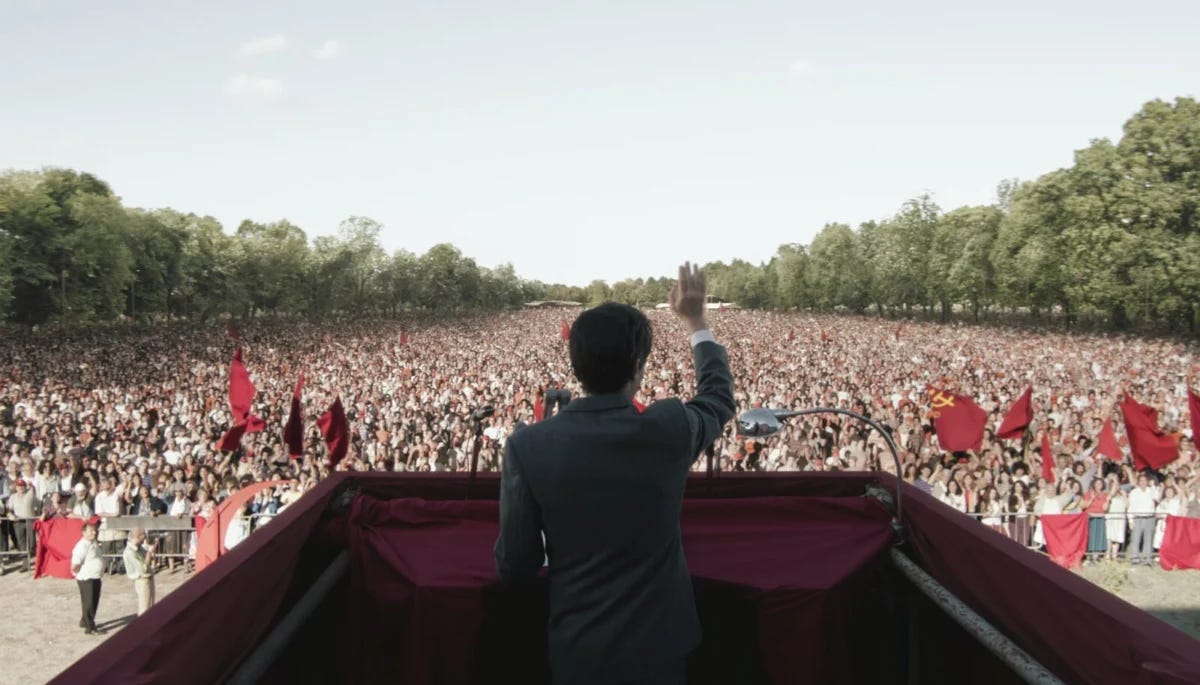
Thank you for the briefing. I like how to the point it is. Very useful cheers
I enjoy reading Friday briefing but I find the typeface and print setting of substack difficult to read. For this reason I never read everything.